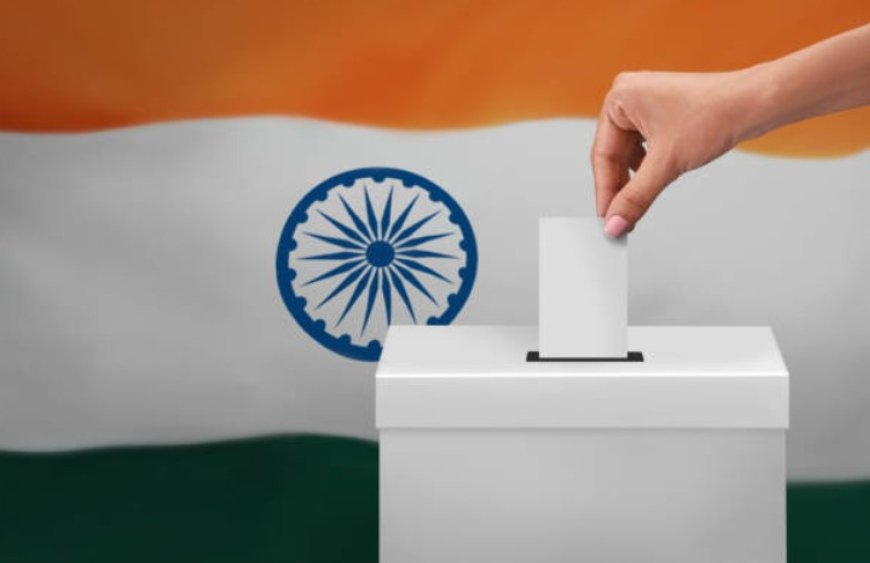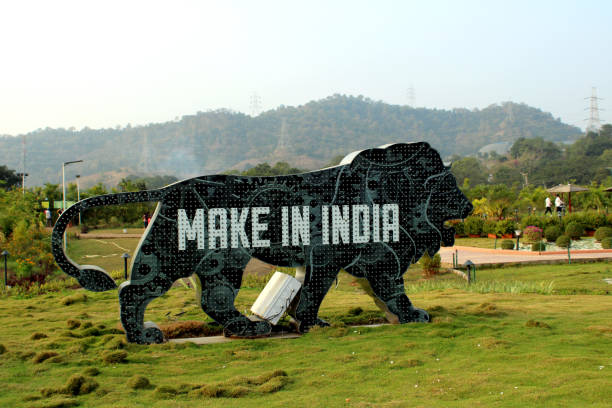Facts and Roles of the Indian Election Commission
a thorough explanation of the Election Commission of India, its significance to Indian democracy, and its main responsibilities.

Introduction:
A constitutional authority called the Election Commission of India (ECI) is in charge of overseeing and running elections in India. It is among the most significant institutions in Indian democracy and is essential to making sure that elections are unbiased, free, and fair.
Facts regarding the ECI:
* In accordance with Article 324 of the Indian Constitution, the ECI was founded in 1950.
A Chief Election Commissioner (CEC) and two Election Commissioners make up the three-person ECI.
* On the Prime Minister's proposal, the President of India appoints the CEC and Election Commissioners.
* The CEC and Election Commissioners are appointed for a fixed term of six years, or until they turn 65, whichever comes first.
* The ECI is a self-governing, impartial organization. It is not governed or influenced by any official body or organization.
Functions of the ECI include:
The ECI performs a vast array of duties connected to the administration of elections in India. These activities include of:
Voter registration includes: All eligible Indian voters must be registered with the ECI. To registered voters, it also gives voter identification cards.
Define your constituencies. The ECI is in charge of defining electoral districts, or constituencies, for elections to the State Legislative Assemblies and the Lok Sabha (the lower house of Parliament).
The process of holding elections: Elections for the Lok Sabha, State Legislative Assemblies, Rajya Sabha (upper house of Parliament), and the President and Vice President of India are all handled by the ECI.
Securing fair and free elections: Elections must be free, fair, and impartial, and that is the responsibility of the ECI. It accomplishes this through enforcing election laws and rules and by keeping an eye on how elections are run.
Resolving election-related disputes: Election disputes must be resolved by the ECI. By ordering re-elections or disqualifying candidates, it can do this.
Conclusion:
An essential part of Indian democracy is the Election Commission. It is essential to guarantee that elections are unbiased, free, and fair. The ECI is an autonomous and independent entity that is not under the direction or influence of any institution, including the government.
The ECI performs a vast array of duties connected to the administration of elections in India. These duties consist of registering voters, establishing constituency boundaries, holding elections, ensuring free and fair elections, and resolving election-related disputes.
In India, the ECI is a highly regarded organization that is renowned for its impartiality and integrity. The ECI has contributed significantly to the development of Indian democracy and continues to be crucial in ensuring that all Indians have access to the opportunity to vote.











































































































































































































